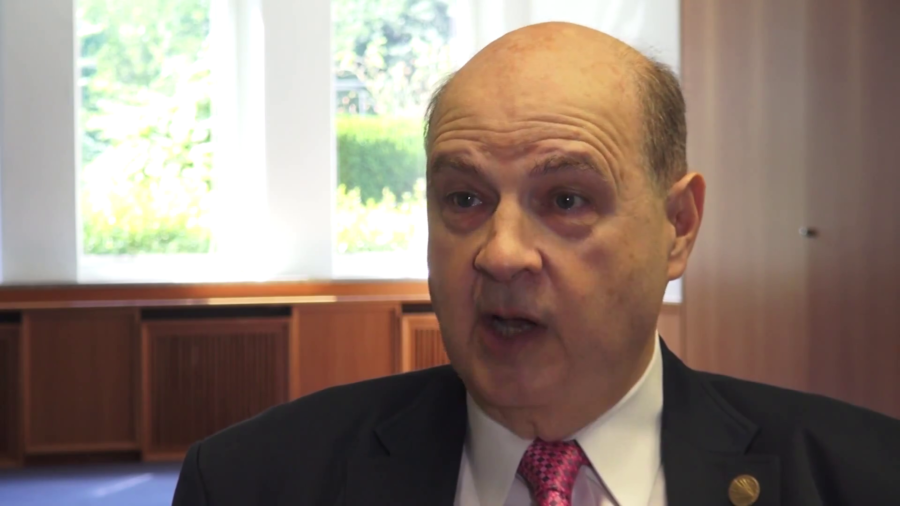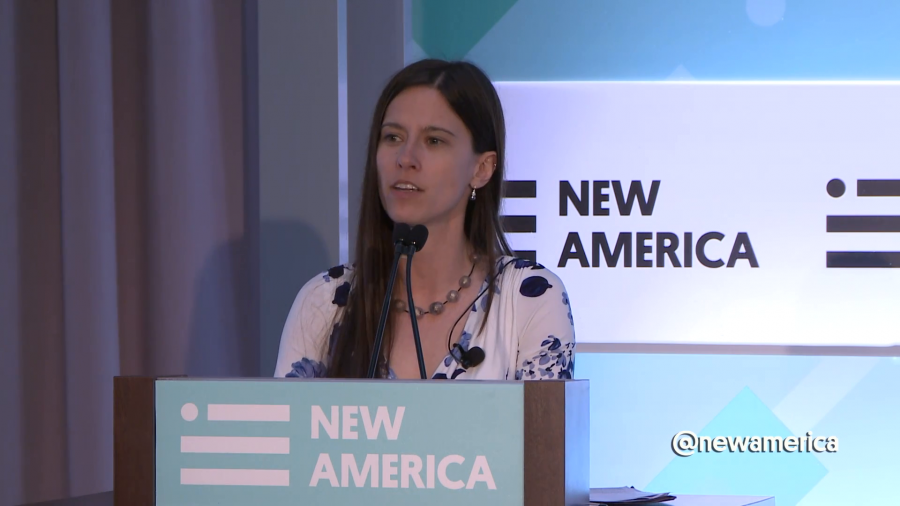There was really no real security built, other than things like passwords and maybe some encryption here or there. And the attitude that my boss had at National Science Foundation was, “That’s not our concern. This is for the academics. People want to build in all kinds of security, that’s somebody else’s problem.” I think that was a very valid point at that time, but that was 1990.
Archive (Page 1 of 2)
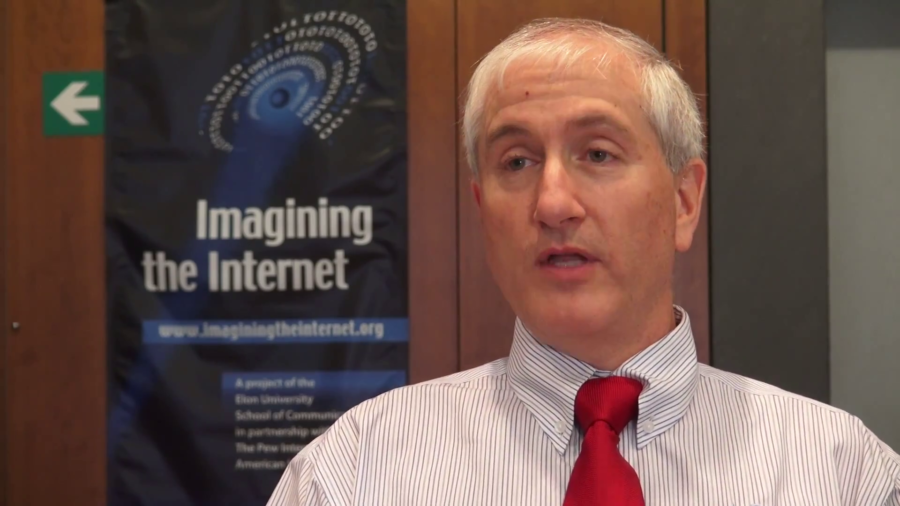
The greatest threat to the security and stability of our Internet today is distributed attacks, distributed denial of service attacks in particular. The Internet was built on a foundation of it works because everybody cooperates and we all agree. And that was a great environment when you pretty much could name everybody who was on the Internet, or you got to where you could name all the sites and you know, you could name all the organizations.
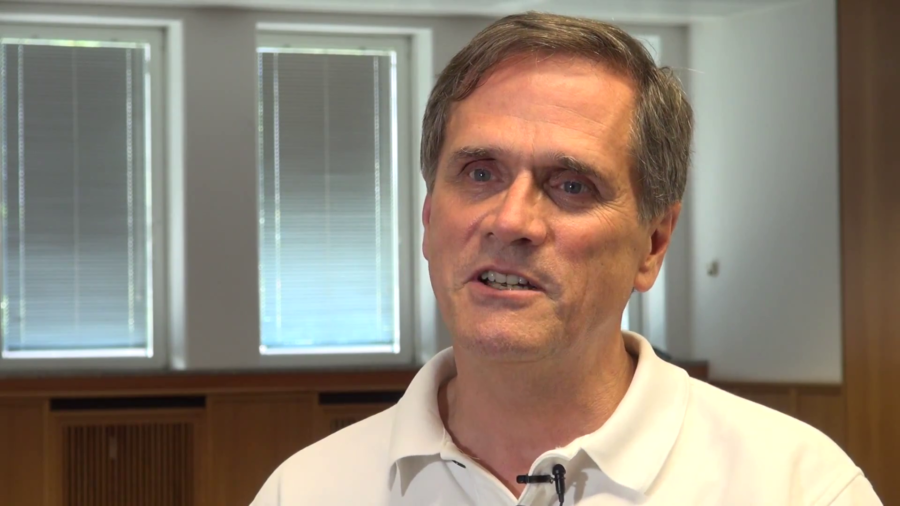
We’re at a time of huge expansion of the Internet outside of the kinds of Internet connections and devices that we’re familiar with. We’ve seen some of that over the past few years as we’ve moved from laptops, desktop computers, to smartphones and tablets and we’ve seen a big increase. Right now instead of a tablet and a laptop at home, you’ve got a tablet, two iPhones, and a desktop computer.
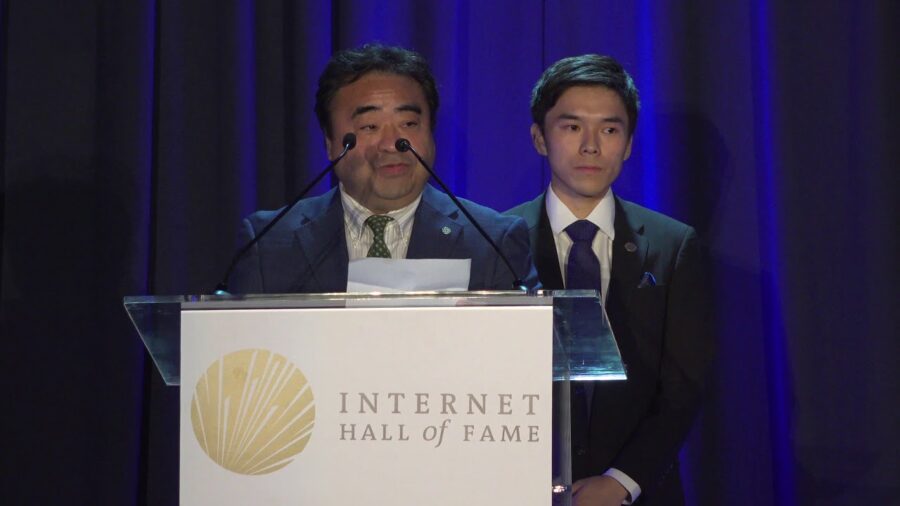
I was born in 1999. Some people like to call my generation the Internet experts. For us, the Internet existed from the moment we were born. And its safety was taken for granted. However, this is all due to the work of my father and his allies speaking to the world, telling them security on the Internet is going to be highly important fifteen years before I was even born.
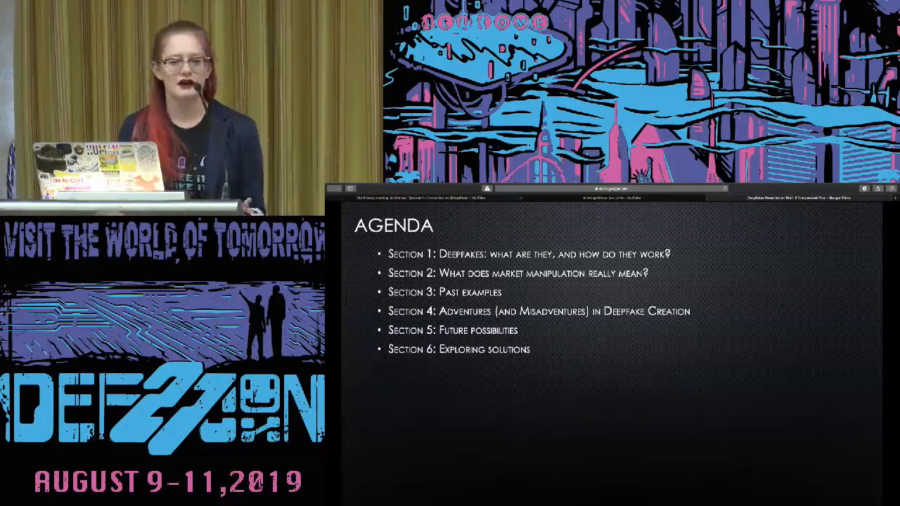
Deepfakes, even as a concept, continue to grow and develop. So we’re not seeing that just what we know now as deepfakes is where it stops. This is going to continue to develop as time goes by.
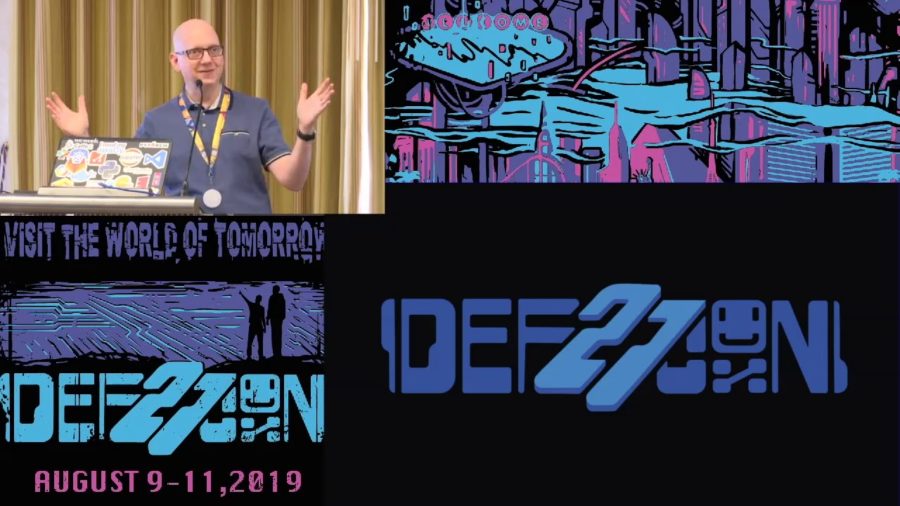
I’m pretty nervous about the 2020 elections. We’ve seen a lot of little deepfakes here and there. And I suspect it’s not going to surprise you to say that I’m worried that things are going to get far far worse and far more nuanced.
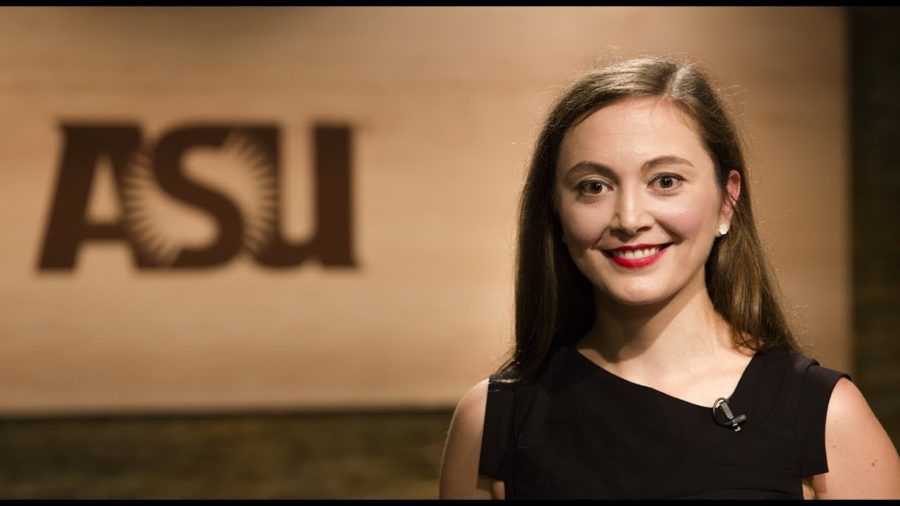
Today we face many highly complex challenges both nationally and internationally. From security of our information networks, to planning for and managing natural disasters, to emergence of new infectious diseases, to social and political conflict throughout the world, these challenges are messy, and highly interconnected.
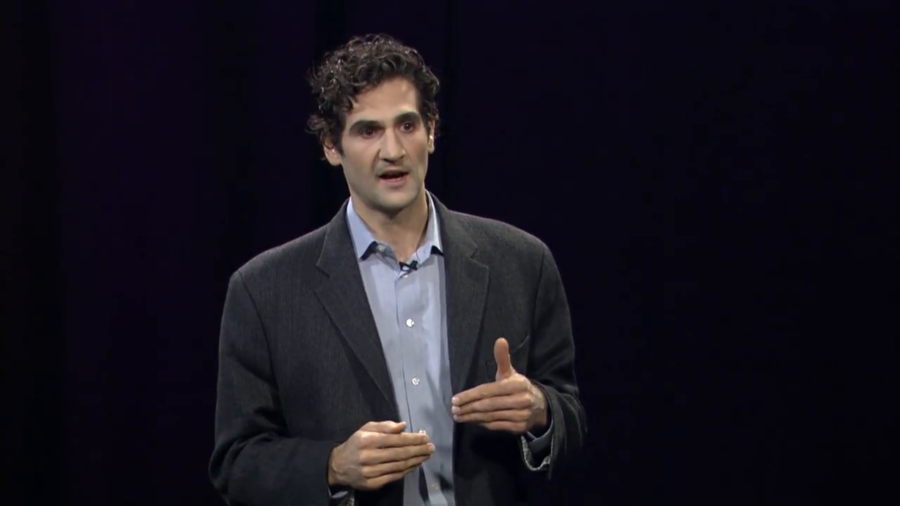
What if cyber attacks could be predicted? What if before a major attack occurred, we would know precisely the right precautions to take?
The interesting phenomenon related to the RSA algorithm and is not shared with some of the other algorithms is it is useful for both encryption and for digital signature. That is they are two distinct uses and this single algorithm is useful for both of those. And there’s an amazing and somewhat interesting story that then develops from that.

